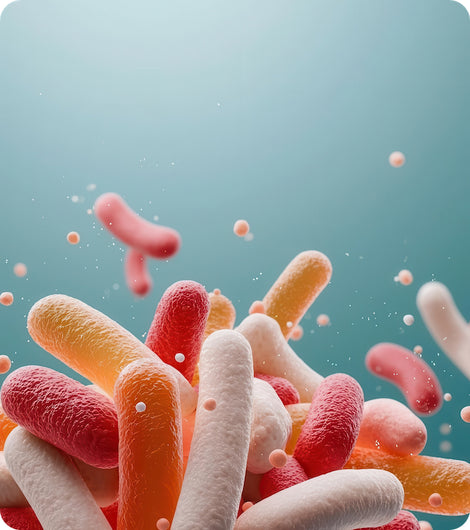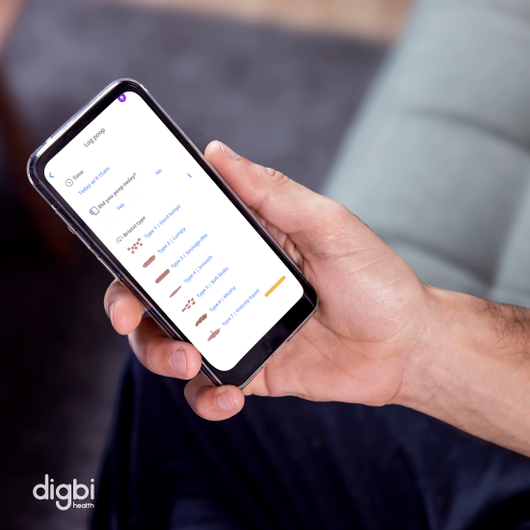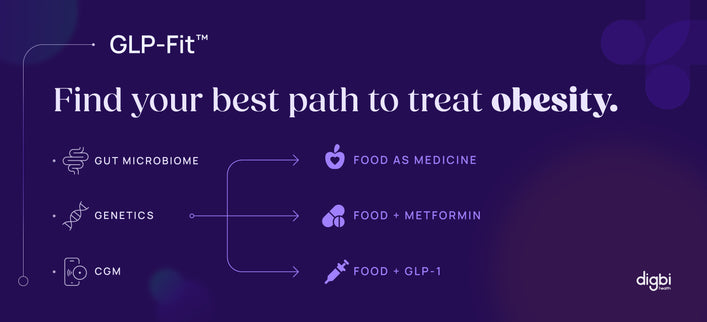“Happiness for me is largely a matter of digestion.”- Lin Yutang
Indeed, gut health is underrated in the large scheme of things! Yet, it is one of the biggest factors influencing our moods. There is a strong connection between our state of mind and the kind of food we crave in certain situations. We know we should not be eating a certain food, but sometimes we simply can’t help it. This is because, in a way, our body is trying to “self-medicate” itself during moments of high stress, depression or grief. And as we know, our gut bacterial diversity and health greatly depends on the foods we consume.
The relationship between cravings, moods and serotonin
Food cravings and depression can be the byproducts of neurotransmitter level changes triggered by stress. Carbs like sweets, white bread and sodas raise the levels of feel-good chemicals like serotonin in your brain. The body responds by raising insulin levels to deal with these high glucose levels. Insulin increases serotonin levels; however, this increase is short-lived. In other words, the fast high is followed by a dip...which prompts most people to consume even more carbs, kicking off the cycle once again. As a result, insulin resistance develops over time.
Furthermore, low serotonin levels manifest in the form of anxiety, depression, changes in appetite and several apparent mental health issues that actually originate in the gut.
How the Digbi Cares program improves mental health states
To offset the ill effects of a poor diet, we recommend eating enough proteins to provide your body with the necessary amino acids to maintain healthy neurotransmitter levels such as serotonin or gamma-aminobutyric acid (GABA). Serotonin influences gut motility, among other things, and low levels of it may result in constipation.
The Digbi Cares program takes into account your unique genetic make-up and gut microbial composition profile to create a highly personalized nutrition program with inputs and support from experts. There is no one-size-fits-all approach to diet and nutrition. The program is geared to provide positive results, as evidenced by our research.
Our data reveals individuals with mild to severe symptoms who joined the Digbi Health program experienced a 66% reduction in insomnia, 65% reduction in depression and 64% decrease in brain fog and memory challenges. 58% of individuals with disturbed sleep also experienced an improvement, whereas 9% found it completely reversed. Similarly, 16% of Digbi Cares’ program members saw a complete reversal of insomnia. Depression was reversed in 10% of members and memory challenges in 13%.
We believe that with targeted effort, improvements in gut health and digestion, and by extension, other chronic conditions, are possible. If you feel you are a candidate for our program, get in touch with us today!











